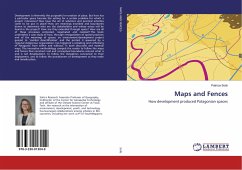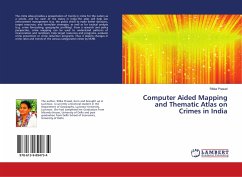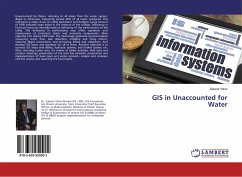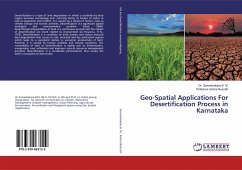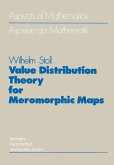Development is inherently the purposeful re-creation of place. But how has a particular space become the setting for a certain problem for which a project intervenes? How have the set of solutions and practical activities come to be put in place? How are meanings inscribed and boundaries drawn to determine who are the stakeholders and whose voices will be heard in the project? How are they extended through space? How are all of these processes contested, negotiated and resisted? This book undertakes a case study of how, through renegotiation of spatial practices and of the meanings of spaces, an environment-development project geared to 'combat desertification' and the protest it spawned by a regional indigenous organization, has triggered a remaking and rethinking of Patagonia from within and without, in both discursive and material ways. The innovative methodology compels the reader to follow the maps and fences that construct real and conceptual boundaries around what is and is not development, to follow the metaphors connected to their deployment, and to follow the practitioners of development as they make and remake place.
Bitte wählen Sie Ihr Anliegen aus.
Rechnungen
Retourenschein anfordern
Bestellstatus
Storno

